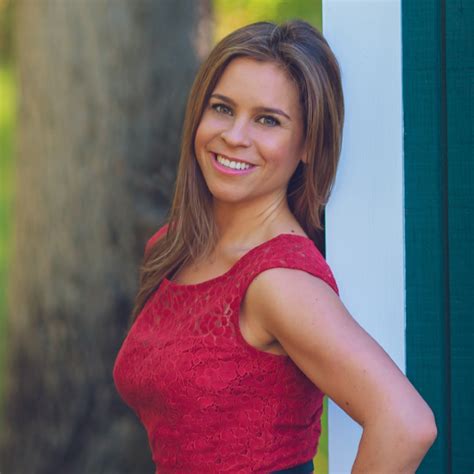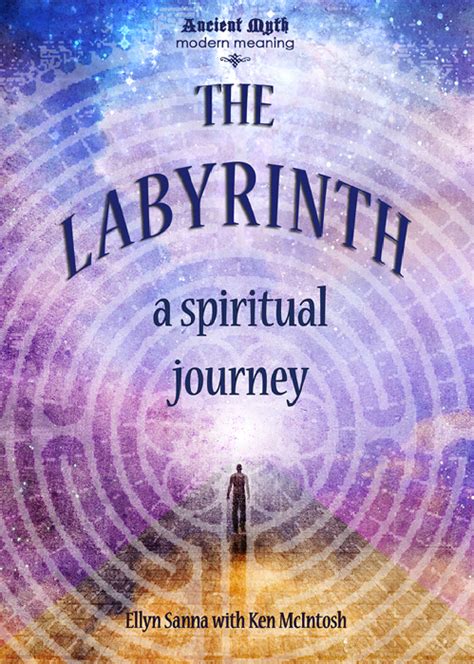A Quote by Alain de Botton
It seemed an advantage to be traveling alone. Our responses to the world are crucially moulded by the company we keep, for we temper our curiosity to fit in with the expectations of others...Being closely observed by a companion can also inhibit our observation of others; then, too, we may become caught up in adjusting ourselves to the companion's questions and remarks, or feel the need to make ourselves seem more normal than is good for our curiosity.
Quote Topics
Adjusting
Advantage
Alone
Also
Become
Being
Caught
Caught Up
Closely
Companion
Company
Company We Keep
Curiosity
Expectations
Feel
Fit
Good
Keep
Make
May
More
Need
Normal
Observation
Observed
Others
Our
Ourselves
Questions
Remarks
Responses
Seem
Seemed
Temper
Than
Then
Too
Traveling
Traveling Alone
Up
World
Related Quotes
Do you think that we're products of our environments? I think so, or maybe products of our expectations. Others' expectations of us or our expectations. I mean others' expectations that you take on as your own. I realize how difficult it is to seperate the two. The expectations that others place on us help us form our expectations of ourselves.
... Our individual well-being is intimately connected both with that of all others and with the environment within which we live.... Our every action, our every deed, word, and thought, no matter how slight or inconsequential it may seem, has an implication not only for ourselves, but for all others, too.
God is also fully aware that the people you think are perfect are not.
And yet we spend so much time and energy comparing ourselves to others-usually comparing our weaknesses to their strengths. This drives us to create expectations for ourselves that are impossible to meet. As a result, we never celebrate our good efforts because they seem to be less than what someone else does
If we don't love ourselves, we would not love others. When someone tell you to love others first, and to love others more than ourselves; it is impossible. If you can't love yourselves, you can't love anybody else. Therefore we must gather up our great power so that we know in what ways we are good, what special abilities we have, what wisdom, what kind of talent we have, and how big our love is. When we can recognize our virtues, we can learn how to love others.
Because we haven’t been taught to appreciate and love ourselves in this way, we don’t feel like we deserve self-care and pleasure. Instead, we cling to our To Do lists and sacrifice our health and well-being for the sake of others. Then, when we feel deprived of our basic human need for relaxation and enjoyment, we turn to food as our sole source of pleasure. When we then try to deprive ourselves of food through dieting, we deny the last bit of pleasure we have in our lives. And that strategy never works!
When we work so hard at our preparations for Christmas, we often feel cheated and frustrated when others fail to notice the results of our efforts. We need to ask ourselves why we are doing the things we choose to do. If love motivates us-love for our families, for our neighbors - then we are free to simply enjoy the actual process of what we do, rather than requiring the approval and admiration of others for the results of our labors.
We must become so alone, so utterly alone, that we withdraw into our innermost self. It is a way of bitter suffering. But then our solitude is overcome, we are no longer alone, for we find that our innermost self is the spirit, that it is God, the indivisible. And suddenly we find ourselves in the midst of the world, yet undisturbed by its multiplicity, for our innermost soul we know ourselves to be one with all being.
Self-absorption in all its forms kills empathy, let alone compassion. When we focus on ourselves, our world contracts as our problems and preoccupations loom large. But when we focus on others, our world expands. Our own problems drift to the periphery of the mind and so seem smaller, and we increase our capacity for connection - or compassionate action.
Therefore we pledge to bind
ourselves to one another, to embrace
our lowliest, to keep company with
our loneliest, to educate our illiterate,
to feed our starving, to clothe our
ragged, to do all good things,
knowing that we are more than
keepers of our brothers and sisters.
We are our brothers and sisters
You are a child of God, small games do not work in this world. For those around us to feel peace, it is not example to make ourselves small. We were born to express the glory of God that lives in us. It is not in some of us, it is in all of us. While we allow our light to shine, we unconsciously give permission for others to do the same. When we liberate ourselves from our own fears, simply our presence may liberate others.




































